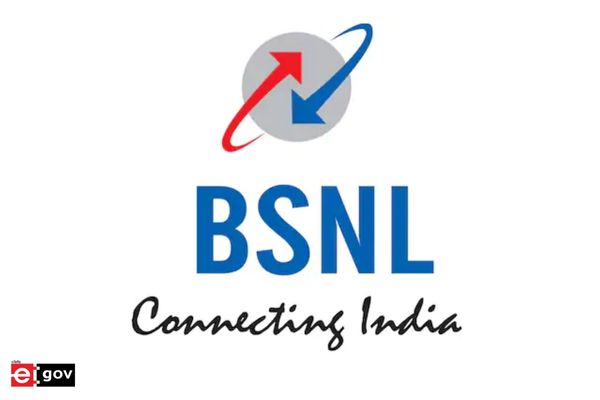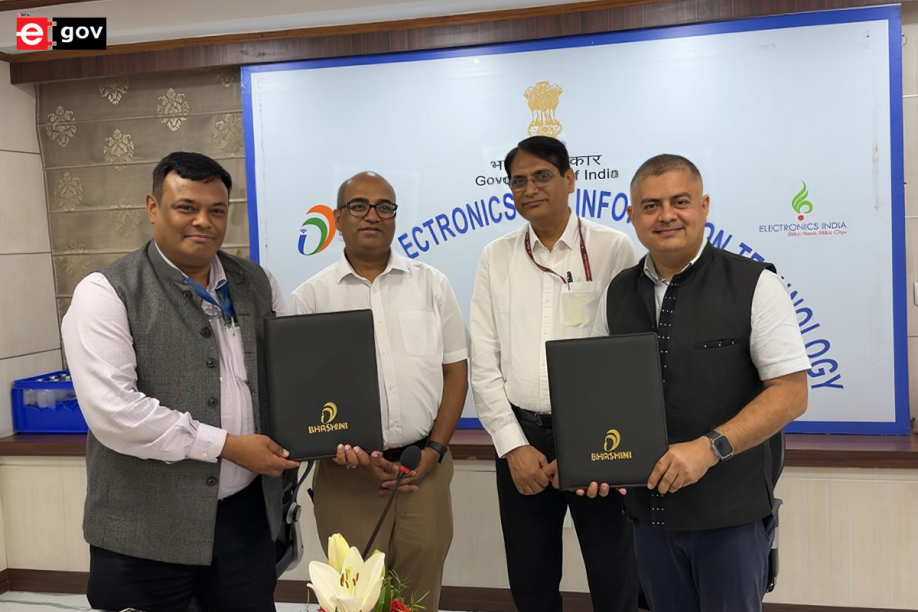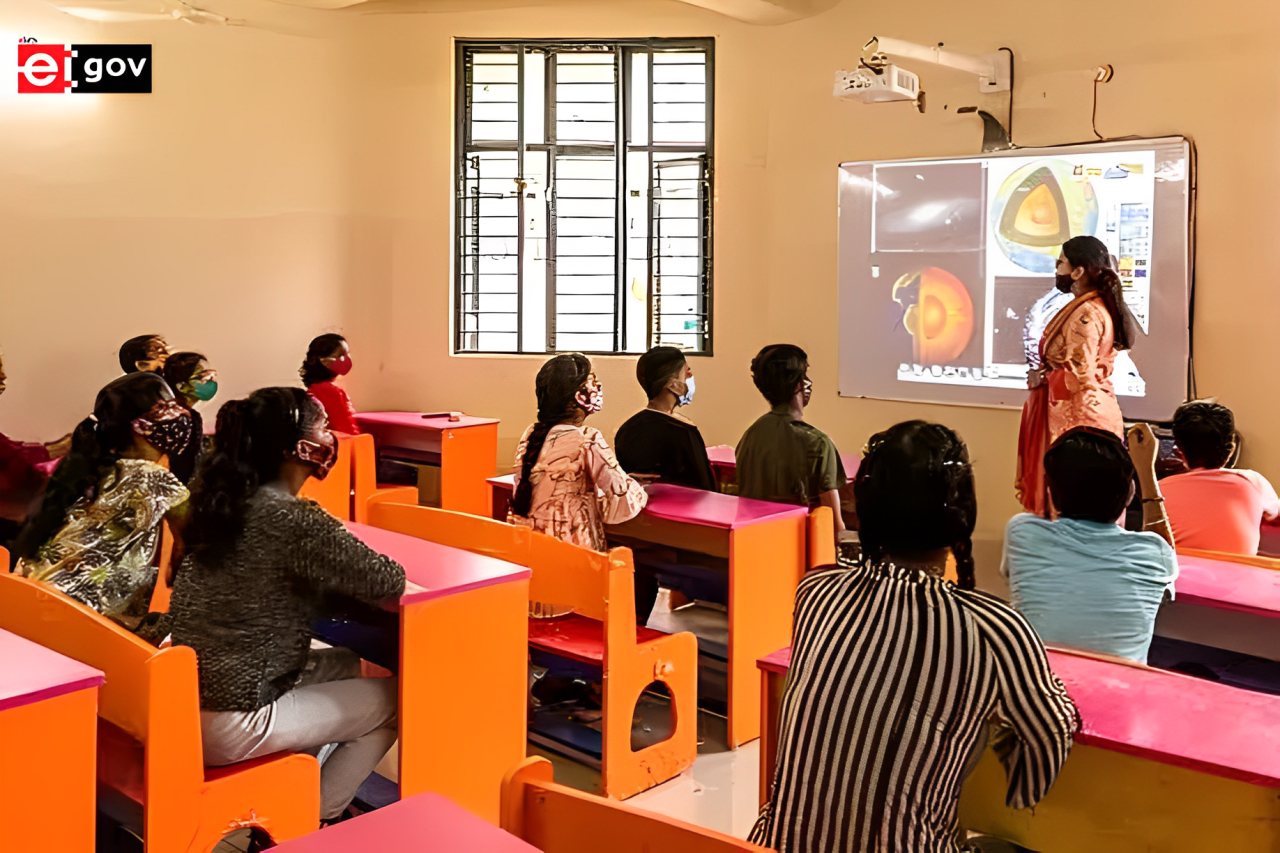
State-owned telecom operator Bharat Sanchar Nigam Limited (BSNL) has commenced testing its 5G infrastructure, with tower sites becoming operational in several state capitals, including Jaipur, Lucknow, Chandigarh, Bhopal, Kolkata, Patna, Hyderabad, and Chennai. According to BSNL officials, these 5G sites primarily consist of upgraded 4G towers that are part of the company’s ongoing deployment of 100,000 4G sites.
While BSNL aims to officially launch its 5G services within three months, the company has already initiated network infrastructure testing in select telecom circles where it maintains a significant presence. Additionally, BSNL is expanding its network by deploying Base Transceiver Stations (BTS) in key cities such as Kanpur, Pune, Vijayawada, Coimbatore, and Kollam. A BTS functions as a fixed radio transceiver within a mobile network, usually as a tower, facilitating seamless connectivity.

Earlier this week, BSNL Chairman and Managing Director Robert J Ravi announced that the first 5G rollout will take place in Delhi, leveraging a Network-as-a-Service (NaaS) model. To facilitate a smooth transition for its customers, the telecom operator has begun offering free 4G SIM upgrades in selected regions. The NaaS model enables businesses and individuals to rent network services from a provider, eliminating the need to develop and maintain their network infrastructure.

Telecom Minister Jyotiraditya Scindia has consistently emphasized BSNL’s commitment to nationwide 4G deployment by June 2025, with a subsequent transition to 5G within a month of completing the rollout. As of early March, over 83,000 4G sites have been installed, with 75,000 of them already operational. However, BSNL’s delayed entry into the 4G market, long after competitors such as Reliance Jio, Bharti Airtel, and Vodafone Idea, has led to a decline in its customer base. The company’s mobile service market share stood at 7.99% as of December 31, 2024. Nevertheless, BSNL officials remain optimistic that the ongoing deployment momentum will help drive network expansion and regain market traction.

BSNL’s network expansion has faced significant challenges. In 2023, the company’s board, followed by a ministerial group, approved a ₹24,500 crore contract for a TCS-led consortium to supply 4G equipment for new telecom towers. This agreement includes network infrastructure worth ₹13,000 crore, third-party components, and a 10-year annual maintenance contract. In June 2023, BSNL issued an advance purchase order valued at approximately ₹19,000 crore to Tata Consultancy Services (TCS) and government-run ITI Limited.

Despite these measures, BSNL encountered delays in achieving its deployment targets. Initially set for completion by December 2023 and later extended to June 2024, the deadlines could not be met due to operational hurdles. The BSNL management recently attributed these setbacks to TCS’s delays in delivering the necessary equipment, complicating the rollout timeline.
Also Read | Govt. to allot 62,000 crore spectrum for BSNL 5G rollout
In addition to infrastructure expansion, BSNL has introduced a 4G and 5 G-compatible Over-the-Air (OTA) and Universal SIM (USIM) platform. Developed in collaboration with Pyro Holdings, this platform allows users to select their mobile numbers and replace SIMs without geographical constraints. Furthermore, BSNL has completed trials for its 5G Radio Access Network (RAN) and core network across the 3.6 GHz and 700 MHz frequency bands.
Be a part of Elets Collaborative Initiatives. Join Us for Upcoming Events and explore business opportunities. Like us on Facebook , connect with us on LinkedIn and follow us on Twitter, Instagram.
"Exciting news! Elets technomedia is now on WhatsApp Channels Subscribe today by clicking the link and stay updated with the latest insights!" Click here!













